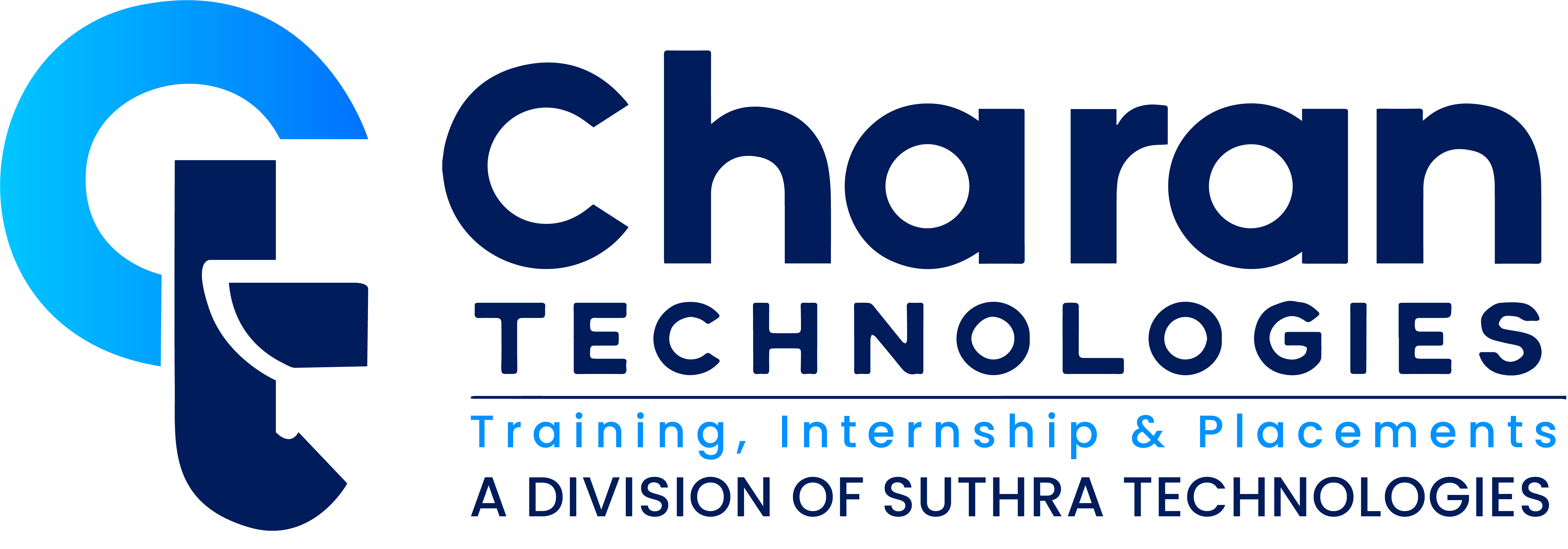A blockchain is a public ledger of all bitcoin transactions that
have ever been executed. A block is the “current” part of a blockchain which records
some or all of the recent transactions, and once completed, goes into the blockchain as
permanent database. Each time a block gets completed, a new block is generated. Blocks
are linked to each other (like a chain) in proper linear, chronological order with every
block containing a hash of the previous block. To use conventional banking as an
analogy, the blockchain is like a full history of banking transactions.
Blockchain will play an Imperative Role in Capital Markets:
Blockchain technology has been acknowledged as one of the most
disruptive innovations since the advent of the Internet. The financial industry has also
started looking to leverage it to store and transfer its value to other financial
instruments. Capital Markets is one such industry in the financial space where industry
experts are optimistic about the use of blockchain technology.
How Does Blockchain Work?
This record is referred to as a “ledger” in the cryptocurrency world, and each
dataexchange is a “transaction“. Every verified transaction is added to the ledger as
a block.
It utilizes a distributed system to verify each transaction a peer to peer network of
node.
Once signed and verified, the new transaction is added to the blockchain and can not be
altered.
Blockchain Technology In Various Industries:
Blockchain Technology can be utilized in multiple industries including Financial Services,
Healthcare, Government, Travel and Hospitality, Retail and CPG. Financial.
In the financial services sector,
Blockchain Technology has already been implemented in many innovative
ways. Blockchain Technology simplifies and streamlines the entire
process associated with asset management and payments by providing an
automated trade life cycle where all participants would have access
to the exact same data about a transaction.
Blockchain can play a key role in the healthcare sector by increasing the privacy, security and inter operability of the healthcare data. It holds the potential to address many inter operability challenges in the sector and enable secure sharing of healthcare data among the various entities and people involved in the process. Iteliminates the interference of a third-party and also avoids the overhead costs.
Blockchain Technology holds the power to transform Government’s operations and services. It can play a key role in improving the data transactional challenges in the Government sector, which works in siloes currently.
The proper linking and sharing of data with Blockchain enable better management of data between multiple departments. It improves the transparency and provides a better way to monitor and audit the transactions.
There is a huge opportunity for Blockchain Technology to be applied in the retail sector.
This includes everything from ensuring the authenticity of high value goods, preventing, fraudulent transactions, locating stolen items, enabling virtual warranties, managing loyalty points and stream lining supply chain operations.
Hospitality: The application of Blockchain can radically change the travel and hospitality industry. It can be applied in money transactions, storing important documents like passports other identification cards, reservations and managing travel insurance, loyalty and rewards.
Summary
The Blockchain Technology is both intriguing and exciting. Could it be the revolution that gurus predict? Or is it just a speculative bubble based on an impractical idea? After reading a lot on the matter, we couldn't form a definitive opinion.
